TRANSFORM YOUR TEAM'S SEASON WITH PROFESSIONALLY PLANNED SESSIONS
Use our expert plans or build your own using our library of over 700+ drills, and easy-to-use tools.
JOIN NOWAsk a question and have it answered by Coaches from around the world and Sportplan's team of Experts.
David
In answer to the first part of your question here is the Law on rucking ending:
***********************************
16.6 SUCCESSFUL END TO A RUCK
A ruck ends successfully when the ball leaves the ruck, or when the ball is on or over the goal line.
************************************
So if the ball is free then it can be played by anyone.
Since we want youngsters to play with the ball in hand as much as possible I would just teach them to be ready to pick up the ball and play it as soon as they have successfully rucked over it!
I hope this answer helps you,
Simon
I have always tried to get kids that I coach to think on their feet. At a ruck situation they ask themselves a qick question...Is the ball available if NO then drive into the ruck to help clear out the ball. If YES then pick up and drive/pass. Simple
Get them to run training games where whenever the ball is rucked clear and not immediately picked up possesion is lost and a restart with a free pass for the opposition takes place.
The last thing you want to teach them is to slow the ball down to build bridges. This is the current problem with the England national team. Encourage your scrum-half (or deputy if he is caught up) to stay close to the forwards and immediately move the ball on as soon as it's available.
I completely agree with Steve.
I believe bridging and contesting a ruck should be the very last option available to the unit/pod (whether backs or forwards).
Rugby is all about options and decision making i.e. do I take the tackle or evade? pass, kick or run? etc. The more options you give players to think about and practice with, the more ammunition you give to each and every player to go out and perform with, but the options should be mindful of the principles of the game and allow a 'heads up' approach to the game.
I give my teams a simple matrix of options when they approach the ruck area, although I don't necessarily dwell on calling it a 'ruck' practice, more of a 'ball on the floor practice', and I mix it up between the backs and forwards as anyone can be approaching a 'ball on the floor' situation.
Our options matrix concentrates on the position of the 1st (nearest) defender and the best decision our 1st man to the ball can make.
The 'ball on the floor' matrix is:
DEFENDER 1st MAN SUPPORTERS
On top of the ball Clears out pick & go forward
Just in front of ball fall on ball (present ball) ruck over
2m in front of ball pick, take contact, ruck secure possession
2-4m in front of ball pick, draw and pass support as 2v1
I find it best to start as a cyclic practice with 1st ball carrier running out and placing ball on floor before taking up 1 of the 4 positions beyond the ball, then getting the next players following up to react to his position.
Don't tell the players what options you want them to take, run through each defender position and ask them what they think would be the best option to take in each situation.
Once the players accept the model of options, and can run through them naturally at speed and under pressure, then I would suggest to then pay attention of how the player presents the ball and how/where supporters support from to help maintain continuity.
Hope this helps
Den

in more ways than one
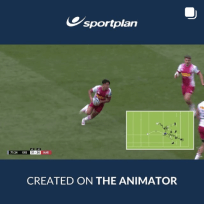

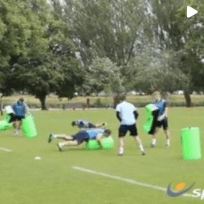
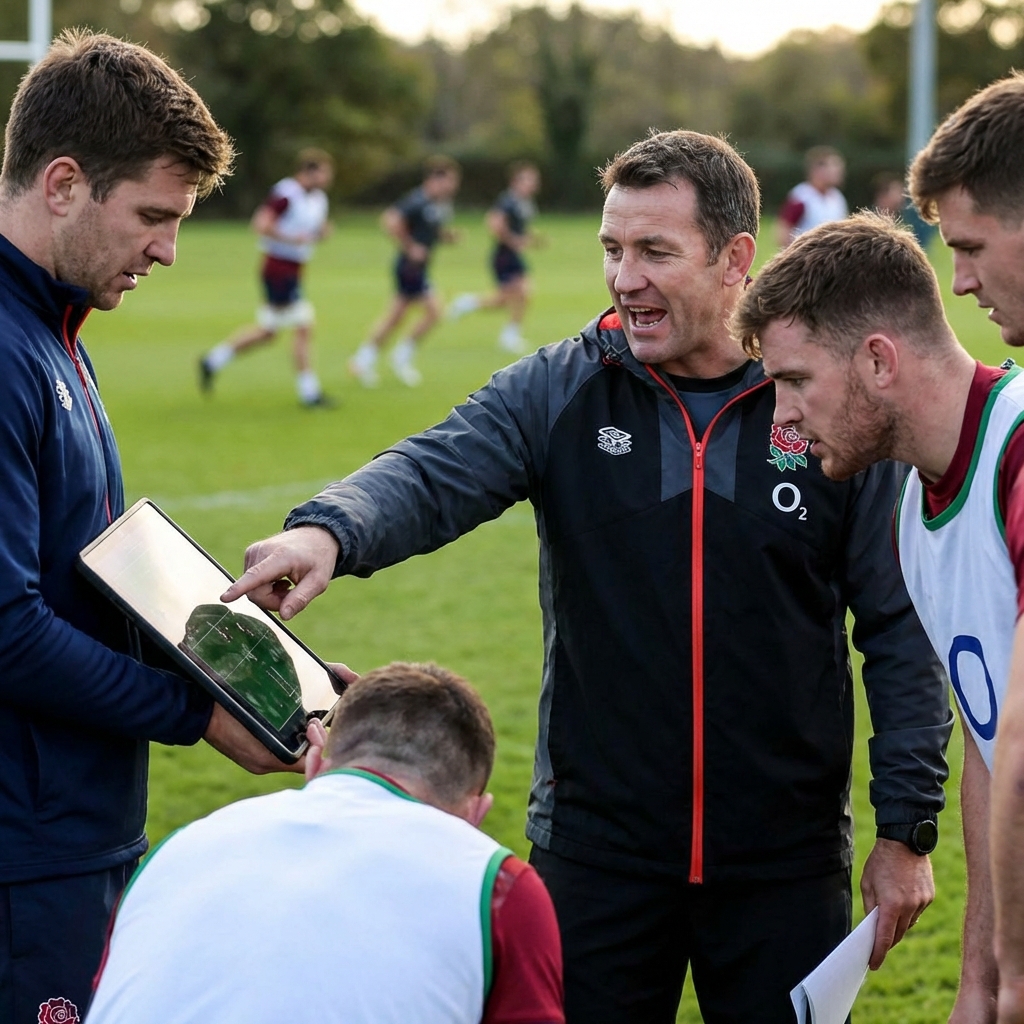
From France's collision dominance to England's folding defence - what grassroots coaches can learn from the 2026 Six Nations.
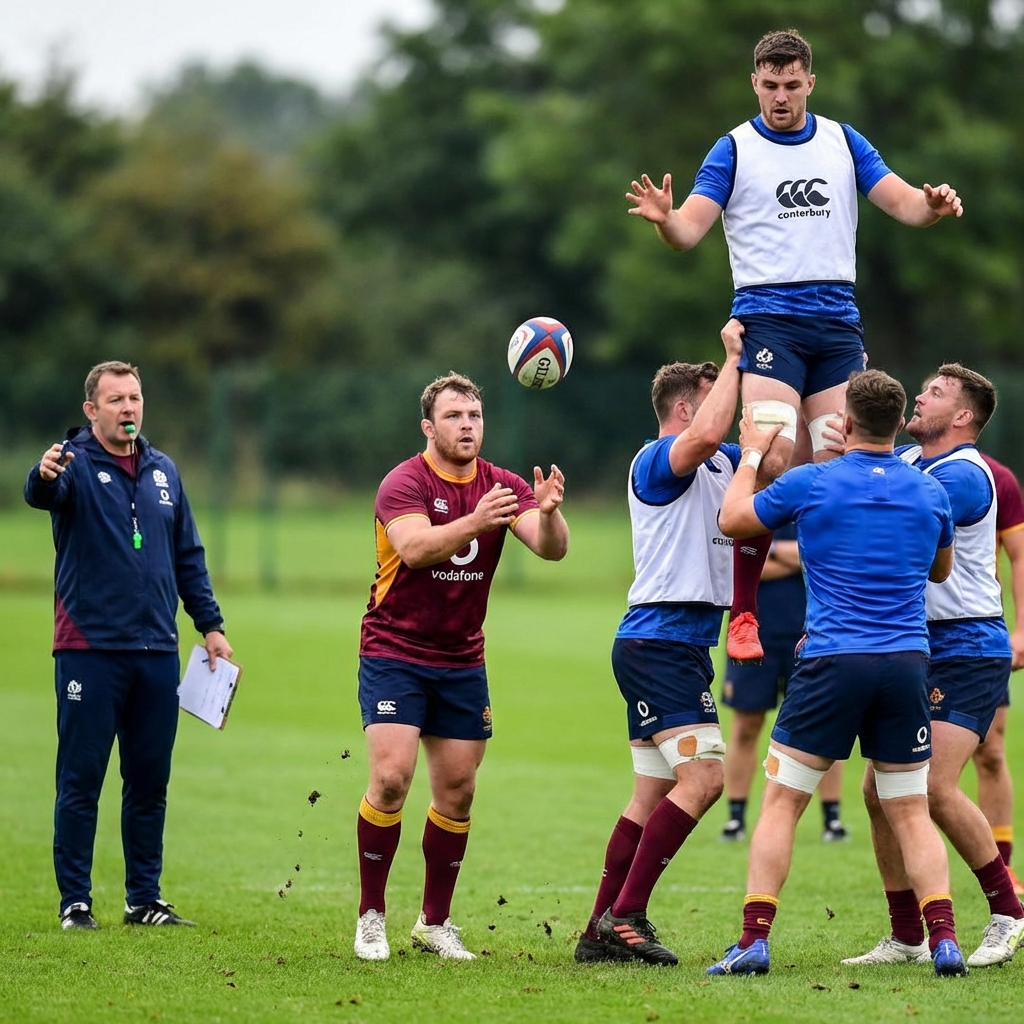
The removal of "not-straight" on uncontested lineouts transforms your set-piece options. Here's how to exploit the new rule.
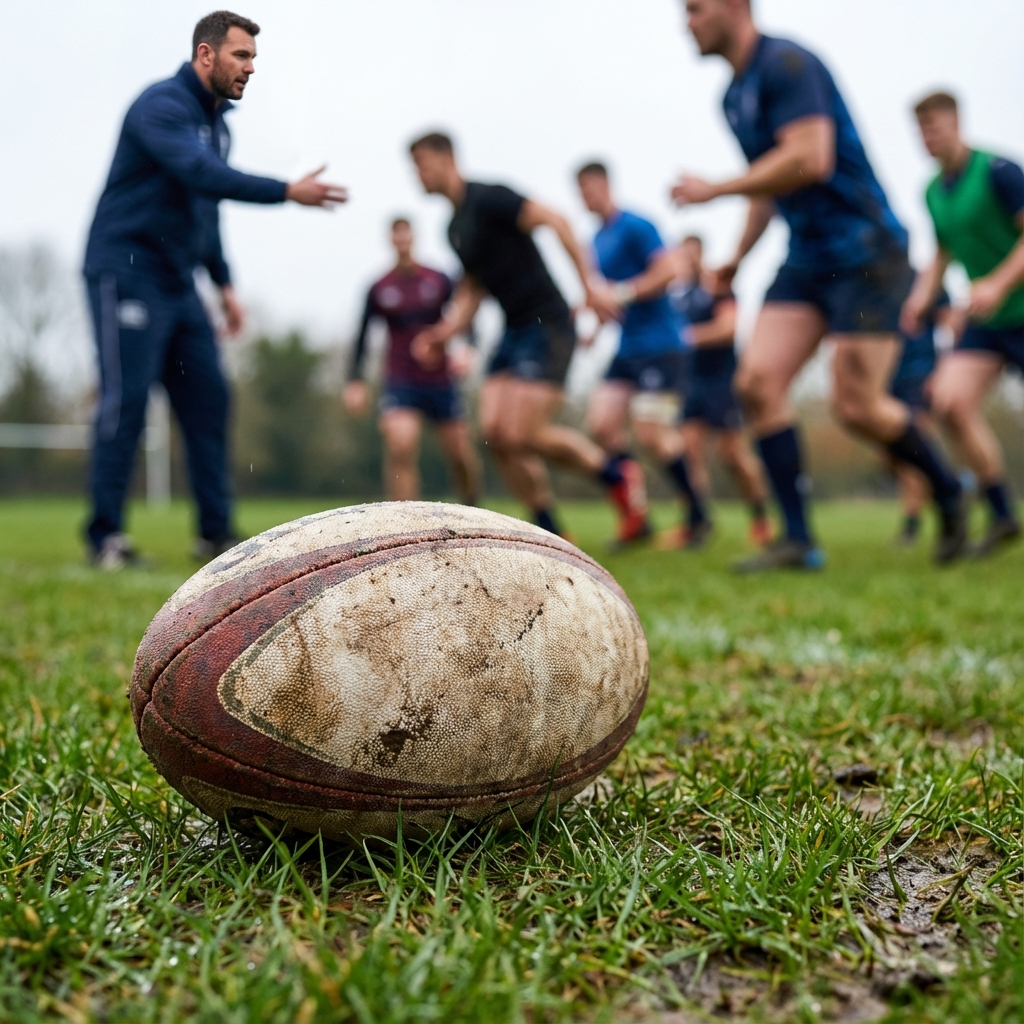
2026 brings revolutionary changes to international rugby: a brand new global tournament, historic tours, and law changes that will reshape the game. Here's everything coaches need to know.
Use our expert plans or build your own using our library of over 700+ drills, and easy-to-use tools.
JOIN NOW